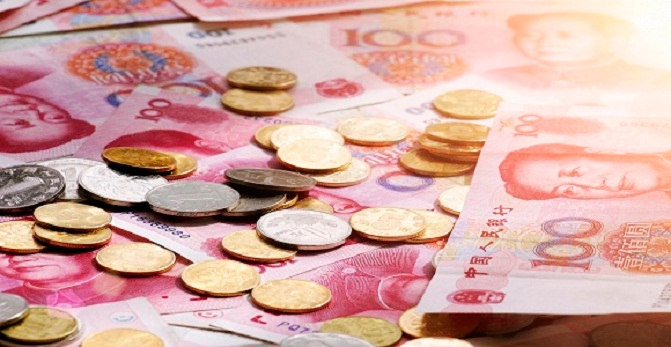 The inclusion of renminbi into IMF’s Special Drawing Rights basket
The inclusion of renminbi into IMF’s Special Drawing Rights basket A long-term game changer for world financial markets
1 December, 2015, Hong Kong – The official recognition of the renminbi as a global reserve currency is more than just an important milestone for the Chinese currency; it has significant, game-changing effects on the rest of the world’s markets, Standard Chartered said.
Within slightly over a decade, China’s extensive reforms have propelled the renminbi from being nonexistent on the world stage to becoming a currency in the International Monetary Fund’s (IMF) Special Drawing Rights (SDR) basket.
“The inclusion of renminbi into the SDR speaks volumes about how much China has accomplished since it embarked on its reforms in 2004,” said Bill Winters, Group Chief Executive, Standard Chartered. “The speed of development has been striking and today marks the beginning of another new chapter.”
Benjamin Hung, Standard Chartered’s Greater China and North Asia Chief Executive Officer, added: “We are expecting further steps to include flexible cross-border investments and remittance, expansion of free trade zones and greater opening up of capital account. We are confident that China will remain committed in promoting its currency in a steadfast and well-paced manner, on track to meet our forecast of becoming a G3 currency by 2020.
“In the interim, there will inevitably be uncertainties and volatilities across financial markets, be it greater two-way USD-CNY variability or financial flows as international investors and reserve managers adjust their portfolio over time. It is important to brace ourselves for these developments as it takes time for market participants to rebalance against a new reserve currency, which will eventually bring positive changes to global financial markets across FX, rates, fixed-income and other asset classes.”
After the SDR review, Standard Chartered expects a gradual pick-up of diversification inflows into renminbi assets from international investors and reserves managers, of which the latter would be a critical underlying support for the CNY in the coming years. Global central banks may reallocate 1 per cent of their reserve investments into Renminbi assets annually. Standard Chartered expects inflows of US$85 billion-US$125 billion from global central banks in 2016, with at least 5 per cent of global reserves being denominated in renminbi by end-2020.
Central banks are likely to favour products such as renminbi bonds issued by the Chinese government, Policy Banks, high quality corporate bonds and Supranationals; and at the shorter-end of the curves, T-bills and bank deposits. Standard Chartered expects rising usage of the renminbi by corporates, financial institutions, and investors alike. From trade to investment to now becoming a global reserve currency, the renminbi has embarked on an irreversible journey.
-ENDS-Quick Links
Executive Bios
BeyondBorders
 Our experts share their opinions on the world of banking. Read their views and add your own.
Hear from our experts
Our experts share their opinions on the world of banking. Read their views and add your own.
Hear from our experts
Global Research
 Our exclusive research is available for clients, journalists and staff. Please register or login for full access.
Register for our research
Read our latest reports
Our exclusive research is available for clients, journalists and staff. Please register or login for full access.
Register for our research
Read our latest reports


